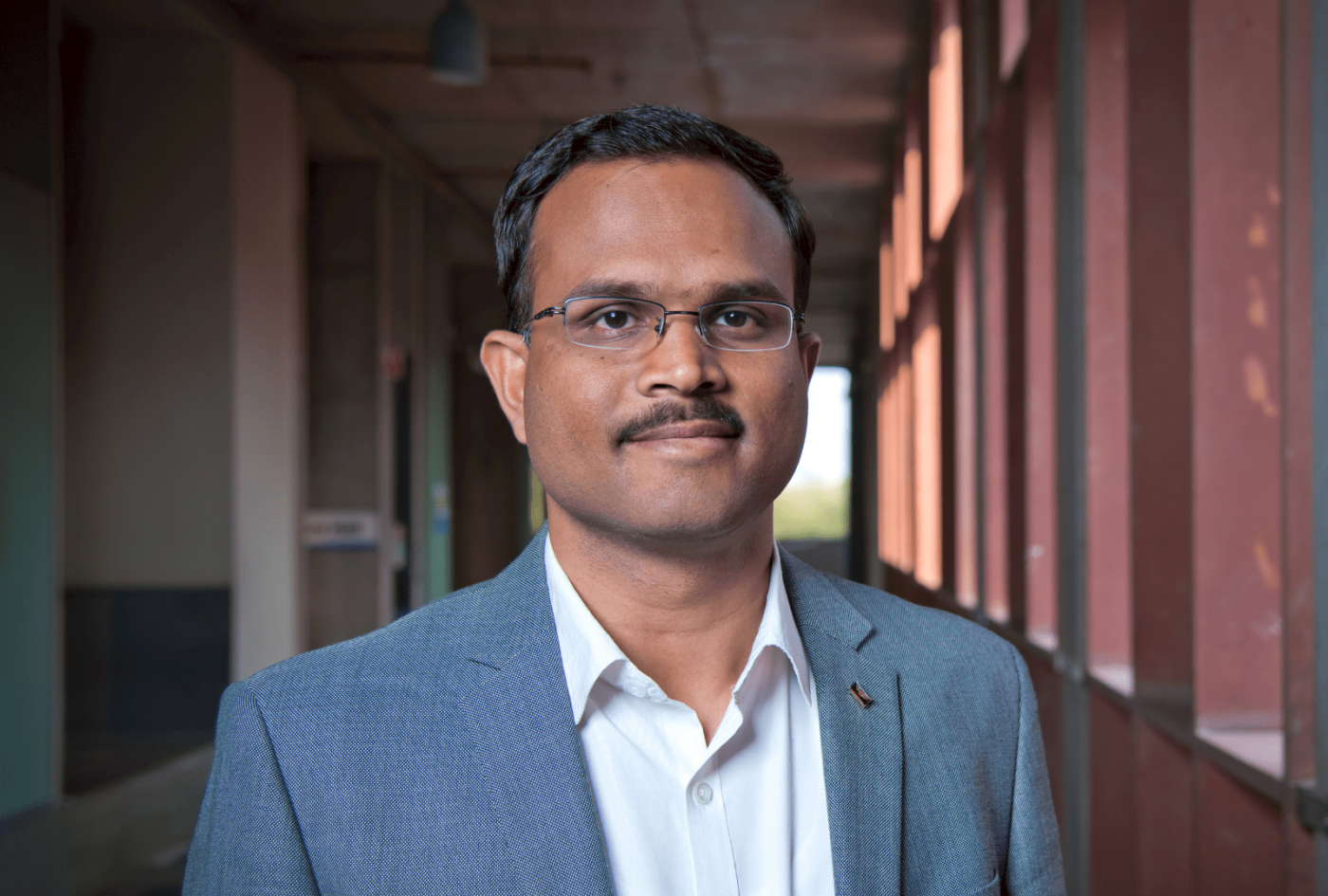1 February 2017
Dhaval Patel Receives Research Funding for Non-Parametric Smart Sensing Analytics

Dhaval Patel, Assistant Professor, School of Engineering and Applied Science, along with Dr Miguel López-Benítez, has received the DST-UKIERI (UK-India Education and Research Initiative) Project Funding for three years for their research on Non-parametric Smart Sensing Analytics based on Large Spectrum Data and Estimation of Channel Activity Statistics. The study is in joint collaboration with the University of Liverpool, Department of Electrical Engineering and Electronics, Liverpool, UK.
With future wireless networks expected to demand huge amounts of radio frequency spectrum resources, it is unlikely that such demand will be met without employing smart dynamic spectrum-sharing approaches based on cognitive radio (CR) techniques. Professor Patel says, "In this context, an important requirement of future wireless networks will be the ability to detect the presence of other wireless systems within a particular region of the spectrum occupancy data. Spectrum sensing is a popular approach to address this problem and constitutes a fundamental building block of CR systems. Due to various practical performance limitations, existing sensing schemes are parametric, imperfect, and unrealistic to implement on large-scale networks. The main objective of this project is to develop feasible non-parametric smart sensing mechanisms with an improved performance obtained by exploiting statistical knowledge of the spectrum activity patterns and validate their suitability by means of a proof-of-concept wireless prototype/testbed."



